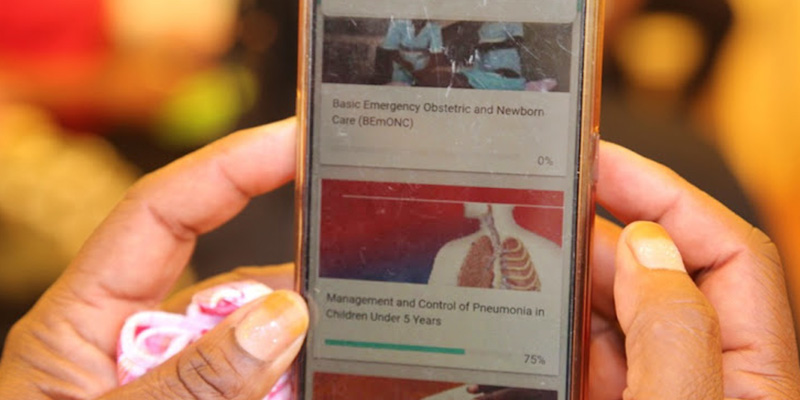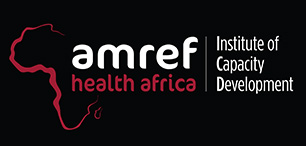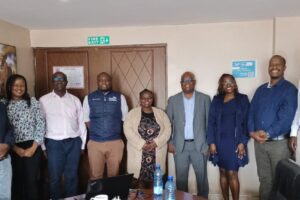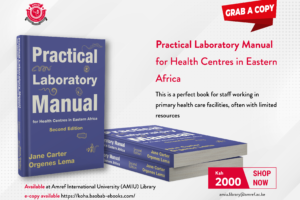
Mobile app offers solutions to health workers in remote areas
For some time now, Judy Wairimu has had to skim through loads of pages for the latest information on drugs.
As a pharmacist at the Nyeri Central Health Centre, her job is to give drugs prescribed to patients, a job she says requires up-to-date information.
“Some drugs are expensive or have extreme side effects and patients often want to find out if there are alternatives. You have to dig out that information from books since the internet is not always reliable,” Wairimu said.
But her worries have been sorted out, thanks to a new app from Amref.
Today, Wairimu gets information on various drugs from Amref’s Jibu Mobile Application.
The Jibu App, she says, offers a quick reference point for any information in the field of medicine as well as a school for short medical courses.
“The application has really helped us in cutting costs and saving time. It is loaded with tutor videos and short courses hence no need to go for workshops to get trained,” she said.
Jibu App was launched in 2013 as a pilot phase in Nyeri county and it was aimed at increasing access to health workers’ training in Kenya.
Access to information on health especially was the biggest challenge facing workers in rural areas. The app sought to cure that problem.
“The locals here do not care which field of medicine you are in, as long as you work in a hospital, you are a doctor, and hence they approach you with medical issues,” Wairimu said.
Some of those medical issues require prompt action to offer stability before an advanced treatment is given.
“I have taken courses on diarrhoea and pneumonia in children under the age of five on the application. It was a rich source of information and I got certified upon completion,” she said.
After its successful piloting in Nyeri, Amref upgraded the application to offer a full health programme under the Institute of Capacity Development at Amref Health Africa.
The application allows health workers to download and access information offline hence solves the challenges with internet access.
Jibu offers courses in Non-communicable diseases, family planning, neonatal healthcare, reproductive health, management of diarrhoea, pneumonia in children under five years and leadership management and governance.
Upon completion of the courses, the health practitioners are awarded a certificate that allows them to earn the Continuing Professional Development (CPD) points from the regulatory bodies for renewal of licenses.
For those working in remote areas, they are able to access information on their smartphones as the notes can be downloaded and read offline.
Diana Mukami, the Digital Learning Director at the Institute of Capacity Development at Amref, said the Jibu mobile learning solution allows frontline health workers to be better equipped with skills to deliver quality services.
“It targets both the pre-service and in-service health workers including nurses, midwives, clinical officers and nutritionists and allows them to enrol and access learning materials,” Mukami said.
The application also allows for self-paced, self-administered learning that is aimed at improving skills and knowledge of health workers in Sub-Saharan Africa.
Mukami said the app will address the need to train health workers to effectively address critical shortages of human resources and accelerate progress to make Universal Health Coverage a reality.
“Further advancement has been made to the app to increase functionality and enable offline and online access to health information and continuous professional development opportunities for health workers,” she said.
She added, “This solution has been linked to Amref’s digital learning platform, the e-Campus, to increase access to health training and improve overall user experience.”
The World Health Organization estimates a shortfall of 18 million health workers by 2030, mostly in low and lower-middle-income countries.
“There is something really powerful in witnessing how digital innovations can help advance the development of health solutions, especially in those low-resource settings that are often at the most pressing humanitarian crises,” said Domiziana Francescon, Program Officer, Elsevier Foundation.



